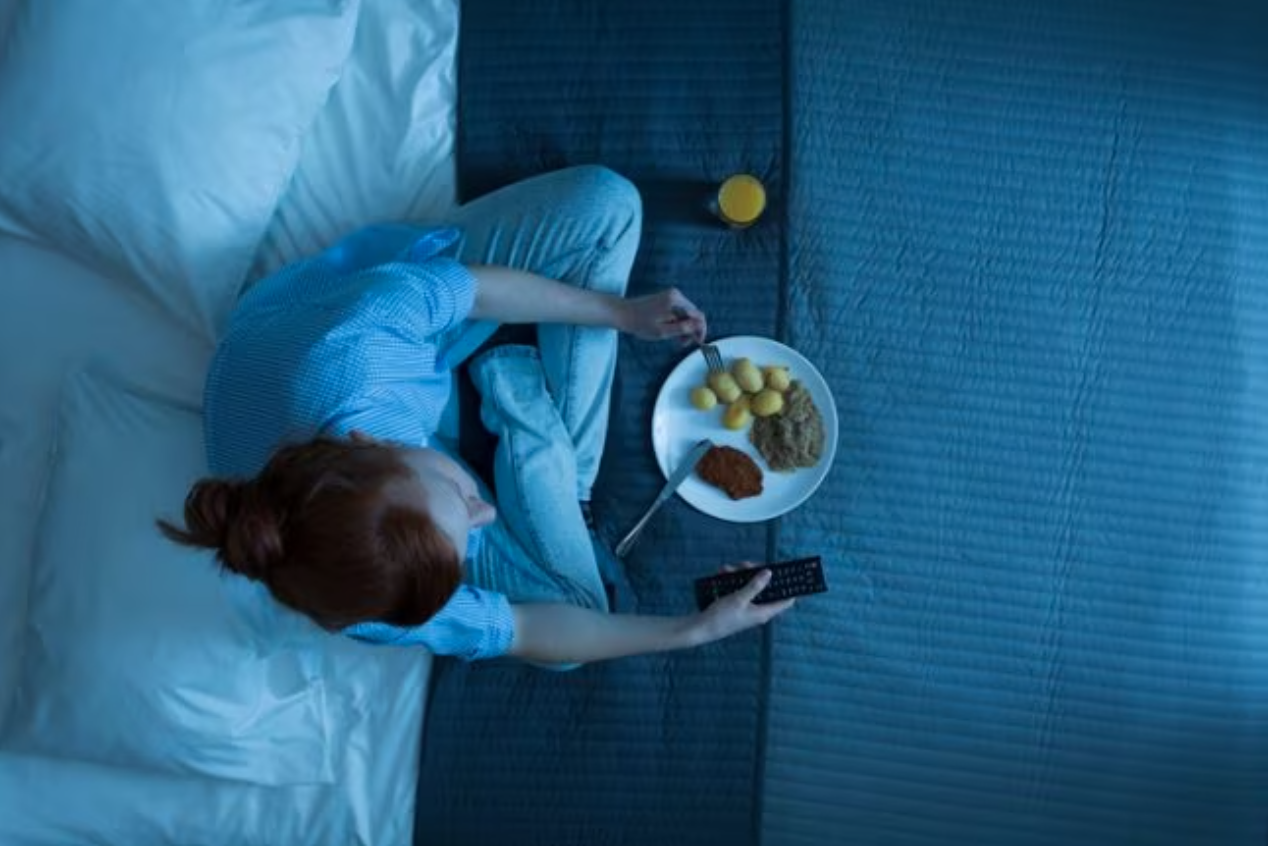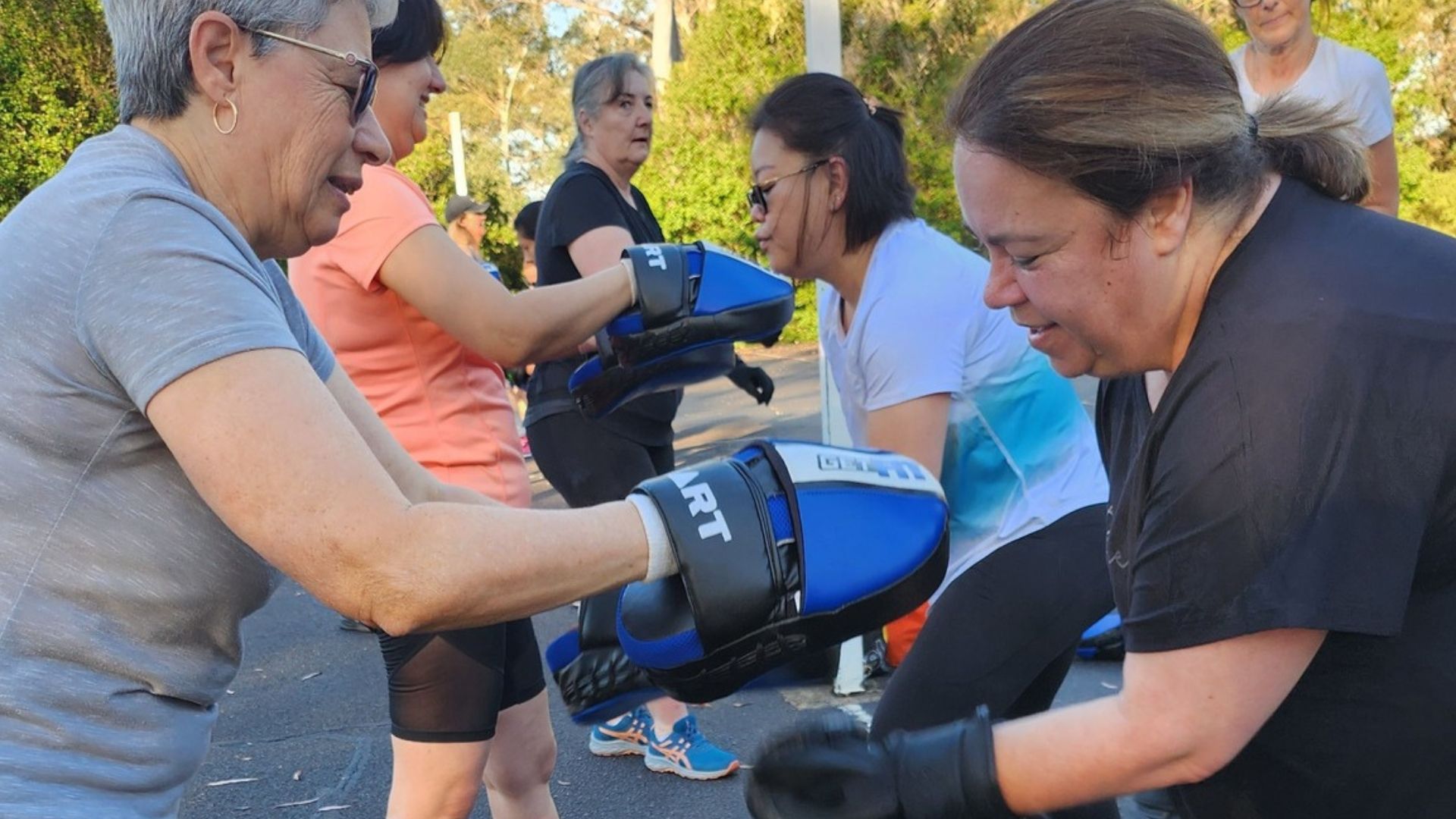Could Late Night Snacking Disrupt your Circadian Rhythm, Sleep and Health?

Late night snacking has become a common habit for many, often involving a sugary treat like chocolate. However, the timing of our meals can impact our health and sleep. Let’s explore the consequences of late night eating, especially indulging in high sugar foods, and discuss the ideal time to stop eating for better health and sleep.
Late Night Snacking on Your Circadian Rhythm and Digestion
Our bodies operate on a natural clock known as the circadian rhythm, which controls many functions, including digestion. This internal clock determines when we’re alert and when we’re sleepy, syncing up with daylight and nighttime. It helps our body stay on track by signalling when it’s time to rest and when it’s time to be active.
During the day, our digestive system works at its best, while in the evening, it becomes less efficient as our body signals that it’s time to wind down. Naturally, our bodies are wired to rest and recover during the nighttime. Eating during this period disrupts the circadian rhythm, confusing our bodies and potentially causing health issues. Late-night eating, especially indulging in high-sugar or heavy meals, throws off our internal clock and can impact our metabolism.
Late Night Snackings Impact on Sleep Quality
Eating too close to bedtime can disrupt both the quality and duration of your sleep. When you eat late, especially foods high in sugar or caffeine, it can interfere with your body’s natural ability to fall asleep by disrupting its circadian rhythm. These types of foods can stimulate brain activity, making it challenging to drift off into restful slumber and disrupting the natural sleep cycle. As a result, you may experience fragmented sleep patterns and spend less time in the restorative stages of sleep, ultimately impacting both the quantity and quality of your rest.
Poor sleep has been linked to numerous health problems, including obesity, diabetes, and cardiovascular issues, emphasising the importance of maintaining healthy sleep hygiene, including mindful eating habits before bedtime.
Late Night Snacking’s Impact on your Metabolism & Health
Late night eating, especially high sugar foods, can impact your metabolism. The body’s ability to process and metabolise sugar decreases later in the day, leading to elevated blood sugar levels and increased fat storage. This metabolic shift can contribute to weight gain, and an increased risk of chronic diseases such as type 2 diabetes and cardiovascular disease. Moreover, consuming foods late at night can disrupt the body’s natural fasting period during sleep. This can make your body’s metabolism even more messed up and compromise your overall health.
Strategies for Healthy Late Night Snacking
To mitigate the negative effects of late night eating on health, it’s essential to adopt mindful eating habits and make informed food choices. Here are some strategies to consider:
- Set a cutoff time for eating, ideally at least two to three hours before bedtime, to allow for proper digestion and minimise disruption to sleep. If possible, eat your last big meal before sunset.
- Opt for lighter, nutrient dense snacks if you’re hungry late at night, such as fruits, vegetables, or yoghurt, which provide essential nutrients without overloading the digestive system.
- Avoid high sugar and high fat foods, as well as caffeine, close to bedtime to promote better sleep quality and support metabolic health.
- Practice mindful eating and listen to your body’s hunger cues rather than eating out of habit or boredom, ensuring that late night snacks are consumed with intention and moderation.
In summary, being mindful of late night eating habits, especially when it comes to consuming sugary foods, is crucial for maintaining optimal health. By adopting healthier eating habits and respecting our body’s natural rhythms, we can promote better health and vitality in the long run. So, next time you’re tempted to indulge in a late night snack, consider the potential consequences and opt for healthier alternatives that nourish your body and support your health and sleep.
sources:







